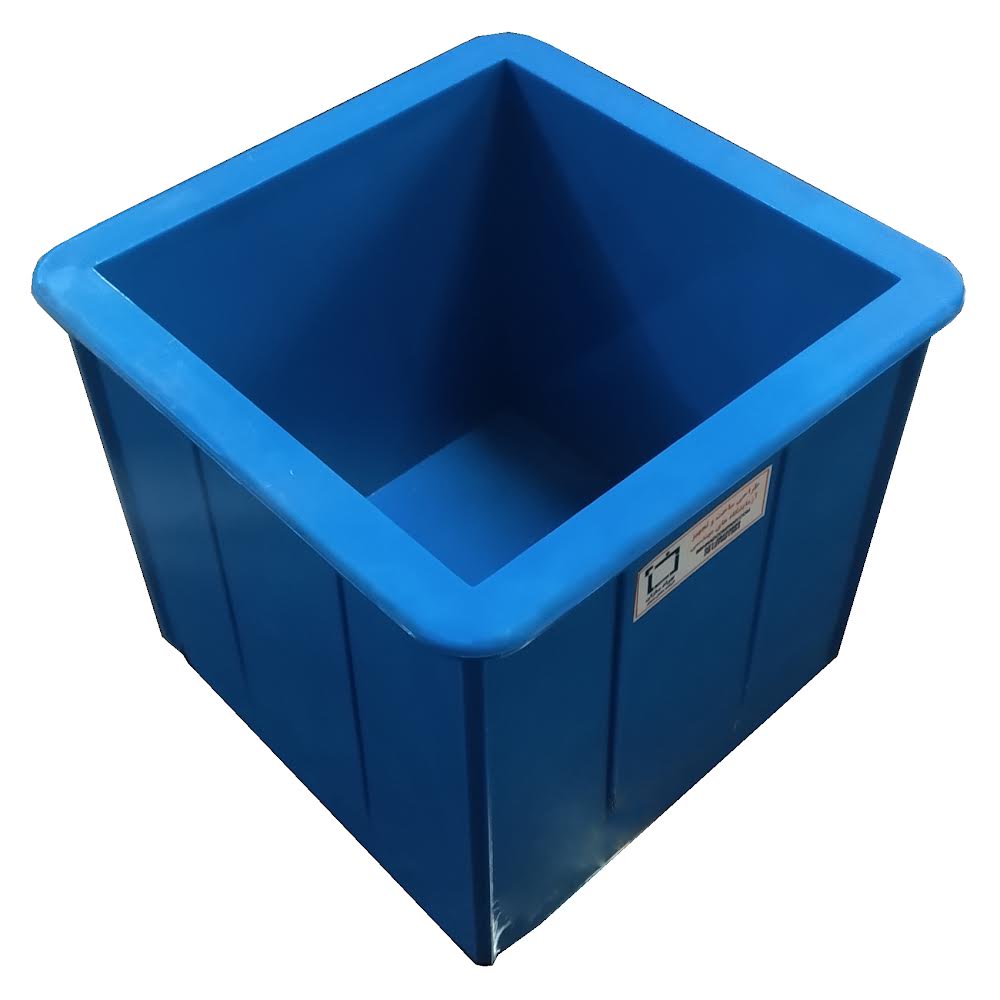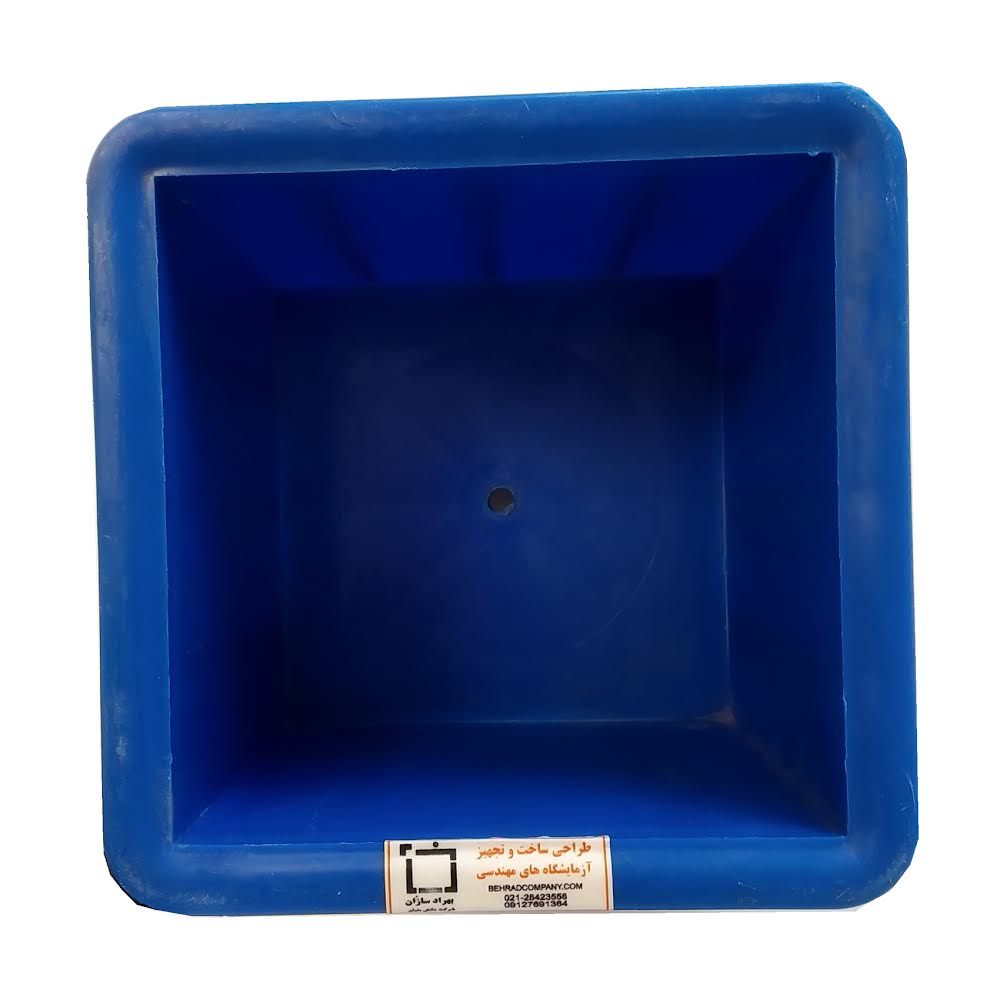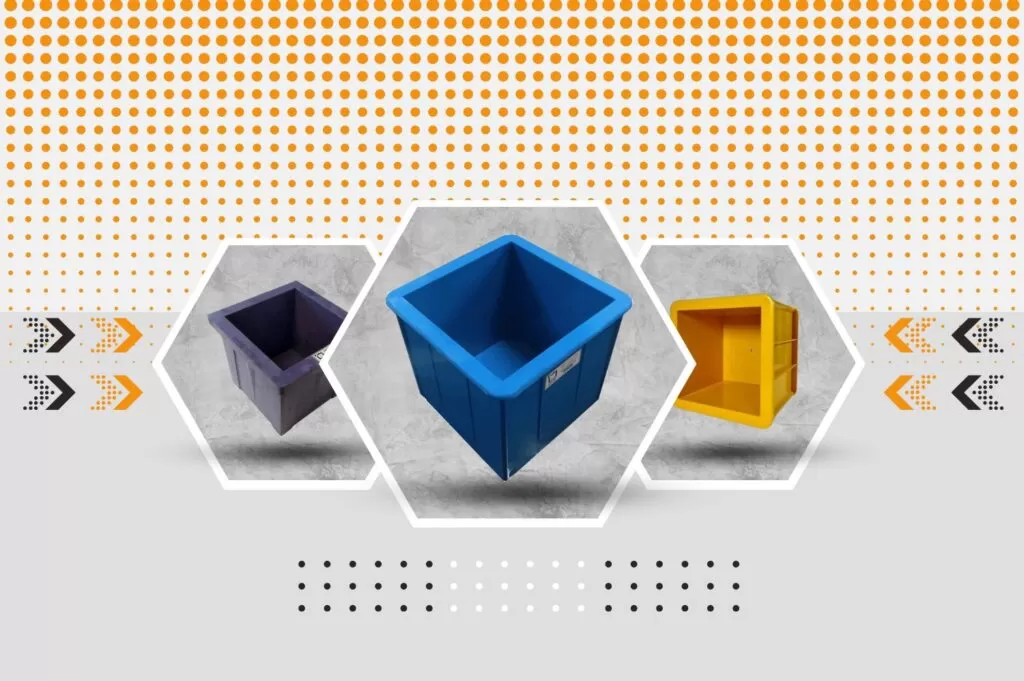
Behrad Engineers, a knowledge-based company, is a designer and manufacturer of laboratory equipment for soil and geotechnical testing, asphalt and bitumen testing, materials strength testing, various types of electrical load cells (ELC), and calibration services.
098921-86054831
Email: info@behradcompany.com
Behrad Company
Office Address: P.O.Box 417,Souq,Seeb, Oman




